Ep. 158 | The Rise and Fall of the Qin (Part 2)
The story of the rise of the Qin continues with the annexation of the Ba and Shu kingdoms down in Sichuan. This really energized the Qin and gave their future prospects a massive boost. The history of Qin under Kings Huiwen and Zhuangxiang are covered. The reforms of Shang Yang, discussed last episode, put the Qin State on a while new level. During the Warring States period, Qin starts knocking off their rivals one by one. We’ll also look at the Sima Qian version of the first Qin Emperor’s early rise to power.
Listen On Your Favorite Podcast Player
Terms in Episode
| Pinyin/Term | Chinese | English/Meaning |
|---|---|---|
| Ba State | 巴国 | Ba State near Chongqing |
| Bai Qi | 白起 | Qin general served under Zhaoxiang. Undefeated |
| Baiyue | 百越 | The Hundred Yue |
| banjin baliang | 半斤八两 | Our English version of six of one and a half dozen of the other |
| banliang | 半两 | half a liang. 16 liang equaled a jin One Jin was 0.604 kilos or 1.3 lbs |
| banliangqian | 半两钱 | Qin standardized coin that weighed eight liang |
| Battle of Changping | 长平之战 | The bloody battle where the Qin demolished the Zhao 262-260 BCE |
| Battle of Julu | 钜鹿之战 | fought near present day Xingtai in Hebei, Xiang Yu, leading the Chu army knocked the Qin army out clean in 207 BCE |
| Battle of Yique | 伊阙 | near modern day Longmen, 293 BCE Qin defeated the combined armies of Wei and Han. |
| Beifang caoyuan | 北方草原 | The grasslands of the north |
| Chelie | 车裂 | An ancient punishment where a person was tied to five chariots and pulled apart |
| Chen Kaige | 陈凯歌 | Great Chinese film director. The Emperor and the Assassin |
| Chen Sheng | 陈胜 | also known as Chen She 陈涉 One of the leaders of the Dazexiang Uprising |
| Chengdu | 成都 | Largest city and capital of Sichuan, site of the ancient Shu Kingdom |
| chengyu | 成语 | Chinese saying or proverb, usually but not always four characters |
| Chongqing | 重庆 | Municipality formerly part of Sichuan |
| Chu State | 楚国 | Chu State near Hubei |
| Dapingtai Village | 大平台村 | The village in Hebei where the Qin emperor died |
| Dazexiang Uprising | 大泽乡起义 | The first major uprising against the Qin – July to December in the year 209 BCE |
| Dongting Lake | 洞庭湖 | the dividing marker between Hubei and Hunan |
| Dujiangyan | 都江堰 | One of the most important irrigation projects in Chinese history. It tamed the Min River and changed the face of agriculture in Sichuan |
| Duke Xiao | 秦孝公 | Qin Xiao Gong He lived 381 to 338 BCE |
| Fan Sui | 范睢 | died 255 BCE, gave his king Zhaoxiang the winning strategy |
| Fu Su | 扶苏 | Qin Shihuang’s heir, tricked into committing suicide |
| Fujian | 福建 | Province just north of Guangdong |
| Gaoping | 高平 | County level city in southeast Shanxi, site of the Battle of Changping |
| Gong Li | 巩俐 | Famous and talented Chinese actress |
| Guangdong | 广东 | southernmost province of continental China and a rich one at that |
| Guangxi | 广西 | An autonomous region just west of Guangdong |
| Guilin | 桂林 | Gorgeous city in Guangxi |
| Han | 韩国 | The Han Sate, sandwiched between Chu, Qin and Wei |
| Han Dynasty | 汉朝 | One of China’s greatest dynasties 206 BCE-220 CE |
| Han Wudi | 汉武帝 | Great conquering emperor of the Western Han Dynasty |
| Handan | 邯郸 | City in Hebei Province, also the capital of Zhao |
| Hu Hai | 胡亥 | Younger son of Qin Shihuang, allowed Lao Ai and Li Si to stack the deck and allow him to become the new emperor |
| Huaihai Campaign | 淮海战役 | One of the three final campaigns of the Chinese Civil War of 1948-49. |
| Huangdi | 皇帝 | Emperor |
| Huaxia | 华夏 | Ancient core China early name |
| Huizong | 宋徽宗 | Song Dynasty emperor, featured in a CHP four-part series |
| Ji clan | 姬家族 | The Zhou Dynasty ruling family |
| Jing Ke | 荆轲 | Assassin from Yan who wasn’t able to bury his poison dagger into Ying Zheng |
| Jinsha | 金沙 | Another great archaeological discovery near Chengdu |
| King Huiwen or King Hui | 秦惠文王 | King of Qin 338-311 BCE, son of Zhaoxiang |
| King Nǎn, Zhou Nan Wang | 周赧王 | Last emperor of the Zhou Dynasty |
| King Xiaocheng | 趙孝成王 | King of Zhao who pulled Lian Po from the roster and put in Zhao Kuo |
| King Xiaowen | 秦孝文王 | Also known as Lord Anguo, Qin Shihuang’s grandfather. Didn’t reign too long. |
| King Zhou | 商纣王 | Last Shang King, and a wicked one at that. Also known as Di Xin |
| King Zhāoxiāng, Qin Zhao Wang | 昭襄王 | Qin leader, reined 306-251 BCE |
| Lady Huayang | 华阳夫人 | Wife of Qin King Xiaowen |
| Lao Ai | 嫪毐 | Introduced to Zhao Ji after she became the Queen Dowager, tried and failed to seize power |
| Li Bing | 李冰 | The Qin governor down in Sichuan, directed construction of Dujiangyan |
| Li Jiang | 漓江 | the Li River (not to be confused with the other Li River 丽江) |
| Li Si | 李斯 | Took the philosophy of Legalism to great heights. Qin Shihuang’s right hand man |
| Lin Biao | 林彪 | Great military man and one time heir to Chairman Mao |
| Lingnan | 岭南 | the southern region of China comprising mostly Guangdong and Guangxi |
| Lingqu Canal | 灵渠 | The Ling Canal…linked the Xiang with the Li |
| Liu Bang | 刘邦 | Han Dynasty founder |
| Lu | 鲁国 | State to the south of Qi. Confucius came from Lu |
| Luoyang | 洛阳 | Eastern capital of the Zhou Dynasty |
| Lü Buwei | 吕不韦 | The man who put Qin Shihuang’s father on the throne. Regent for young Qin Shihuang. |
| Lüshi Chunqiu | 吕氏春秋 | Master Lü’s Spring and Autumn Annals |
| Meixian | 陕西眉县 | Mei County in Shaanxi, west of Xian |
| Meng Tian | 蒙恬 | Great Qin general who did most of his fighting in the north. Key person in the construction of the Great Wall |
| Mengding Shan | 蒙顶山 | Mountain near Chengdu site of the first known cultivation of tea |
| Min | 岷江 | Min River in Sichuan, tamed by the Dujiangyan irrigation project |
| Nanhai Commandery | 南海郡 | The Qin office that administered the two Guang’s, based near Guangzhou |
| Nanyue | 南越 | the southern Yue |
| Qi | 齐国 | Qi State near Shandong |
| Qi Lu Liangguo | 齐鲁两国 | The two Shandong kingdoms of Qi and Lu |
| Qin | 秦 | The kingdom and later dynasty, led by the Ying Clan |
| Qin Shihuang | 秦始皇 | The First Qin Emperor, Ying Zheng |
| Qin Èrshì | 秦二世 | The Second Qin Emperor |
| Qinchao Sanda Shuiligongcheng | 秦朝三大水利工程 | The three great irrigation project of the Qin |
| Qinling Mountains | 秦岭 | Mountain range separating Shaanxi from Sichuan, also Qin Mountains (ling 岭means mountain range) |
| Ren Tu | 人屠 | The Butcher of Men, Bai Qi’s nickname (well-earned I might add) |
| San Huang Wu Di | 三皇五帝 | The mythical Three Sovereigns and Five Emperors |
| Sanmenxia | 三门峡 | City in Henan in the cradle of Chinese civilization |
| Sanxingdui | 三星堆 | Archaeological discovery of an ancient non-Han civilization located halfway between Chengdu and Deyang |
| Shaanxi | 陕西 | Province in China, capital is Xian |
| Shandong | 山东 | Northeastern province of China |
| Shang Dynasty | 商朝 | The Shang Dynasty 1600 BCE – 1046 BCE |
| Shang Yang | 商鞅 | Great Qin statesman, helped make the Qin. 390-338 BCE |
| Shanxi | 山西 | Province in China just east of Shaanxi |
| Shennong | 神农 | The Divine Farmer, legendary discoverer of tea who gifted the Shen Nong Classic of Herbal Medicine |
| Shi Ji | 史记 | The Records of the Grand Historian by Sima Qian |
| Shi Lu | 史禄 | Architect of the Ling Qu, the Ling Canal |
| Shiniu Dao | 石牛道 | The Stone Cattle Road |
| Shi’er Jinren | 十二金人 | Twelve Gold Men made from all the melted down weapons handed in from the defeated warring states |
| Shu | 蜀国 | Shu State near Chengdu |
| Si Da Ming Jiang | 四大名将 | the four great generals of the day. Bai Qi白起, Lian Po 廉颇, Li Mu李牧 and Wang Jian 王翦 |
| Sichuan | 四川 | Province in southwest China |
| Siku Quanshu | 四库全书 | The Emperor’s Four Treasures, commissioned by Qianlong. 36,381 Volumes divided up into 79,000 chapters, over two million pages and about 800 million characters |
| Sima Cuo | 司马错 | Qin general. Advised Huiwen to annex Shu and Ba |
| Sima Qian | 司马迁 | China’s Herodotus, writer of the Records of the Grand Historian |
| The Longmen Grottoes | 龙门石窟 | UNESCO Heritage site containing thousands of statues of Buddha and paintings |
| Tu Sui | 屠睢 | Qin general who got schooled when he invaded the Lingnan region |
| Wang Ben | 王贲 | Son of one of the four great generals of the Warring States period |
| Wei | 魏国 | Kingdom of Wei, east of Qin, south of Zhao |
| Wei River | 渭河 | One of the major tributaries of the Yellow River |
| Wey State | 卫国 | Different from Wei State 魏国. Absorbed by Jin before it broken up. Lü Buwei was from Wey |
| Wu Guang | 吴广 | The other leader of the Dazexiang Uprising |
| Wu Lizhen | 吴理真 | Planted seven tea trees on Mengding Mountain, first known tea cultivation |
| Wu Xíng | 五刑 | The Five Pains. Tattooing the face, nose cut off, foot cut off, private parts cut off and the fifth pain for Li Si was the old Yāozhǎn. Cut in half at the waist |
| Xiang Jiang | 湘江 | The Xiang River |
| Xiang Yu | 项羽 | The hegemon of Chu State, fought Liu Bang and lost. Featured in CHP episode 91 |
| Xianyang | 咸阳 | Near modern day Xian. Capital of Qin |
| Xiongnu | 匈奴 | Also referred to sometimes as the Huns, a northern nomadic people |
| Yan | 燕国 | Yan State near Beijing |
| Yan Di | 炎帝 | The Flame Emperor, considered to be Shennong |
| Yichuan County | 伊川县 | is located in Henan just south of Luoyang near the famous Longmen Grottoes. |
| Ying Zheng | 嬴政 | Qin Shihuang’s name |
| Zhang Yimou | 张艺谋 | One of the great film directors of China |
| Zhao | 赵国 | Zhao State in the Yellow River Valley |
| Zhao Gao | 赵高 | Palace eunuch who conspired with Li Si against Qin Shihuang’s wishes |
| Zhao Ji | 赵姬 | Qin Shihuang’s mother and a lover to many men (so says Sima Qian) |
| Zhao Kuo | 赵括 | Son Zhao She, got beat bad at the Battle of Changping |
| Zhao She | 赵奢 | Zhao general who once gave the Qin a lickin’ |
| Zhao Tuo | 赵佗 | Qin officer in charge of the Nanhai Commandery. Founded the Nanyue Kingdom |
| Zhengguo Canal | 郑国渠 | joined together the Jing and Luo Rivers, both tributaries of the Wei. Named after the builder Zheng Guo |
| zhishang tan bing | 纸上谈兵 | To discuss military strategy on paper |
| zhishi fenzi | 知识分子 | intellectuals |
| Zhou | 周朝 | The Zhou Dynasty |
| Zhou Wu Wang | 周武王 | Co-founder of the Zhou, brother of the Duke of Zhou |
| Zibo | 淄博 | Former capital of the Qi State |
| Zichu | 子楚 | Other name of Qin Shihuang’s father and later King Zhuangxiang |
| Ziying | 子婴 | The third and final Qin emperor, reigned for 46 days |
| Zuo Shu zhang | 秦朝左庶长 | Left militia general |









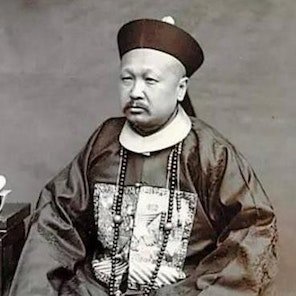
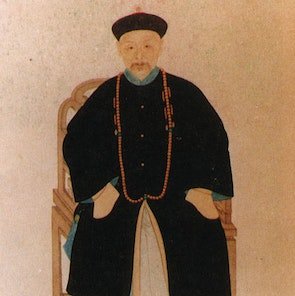
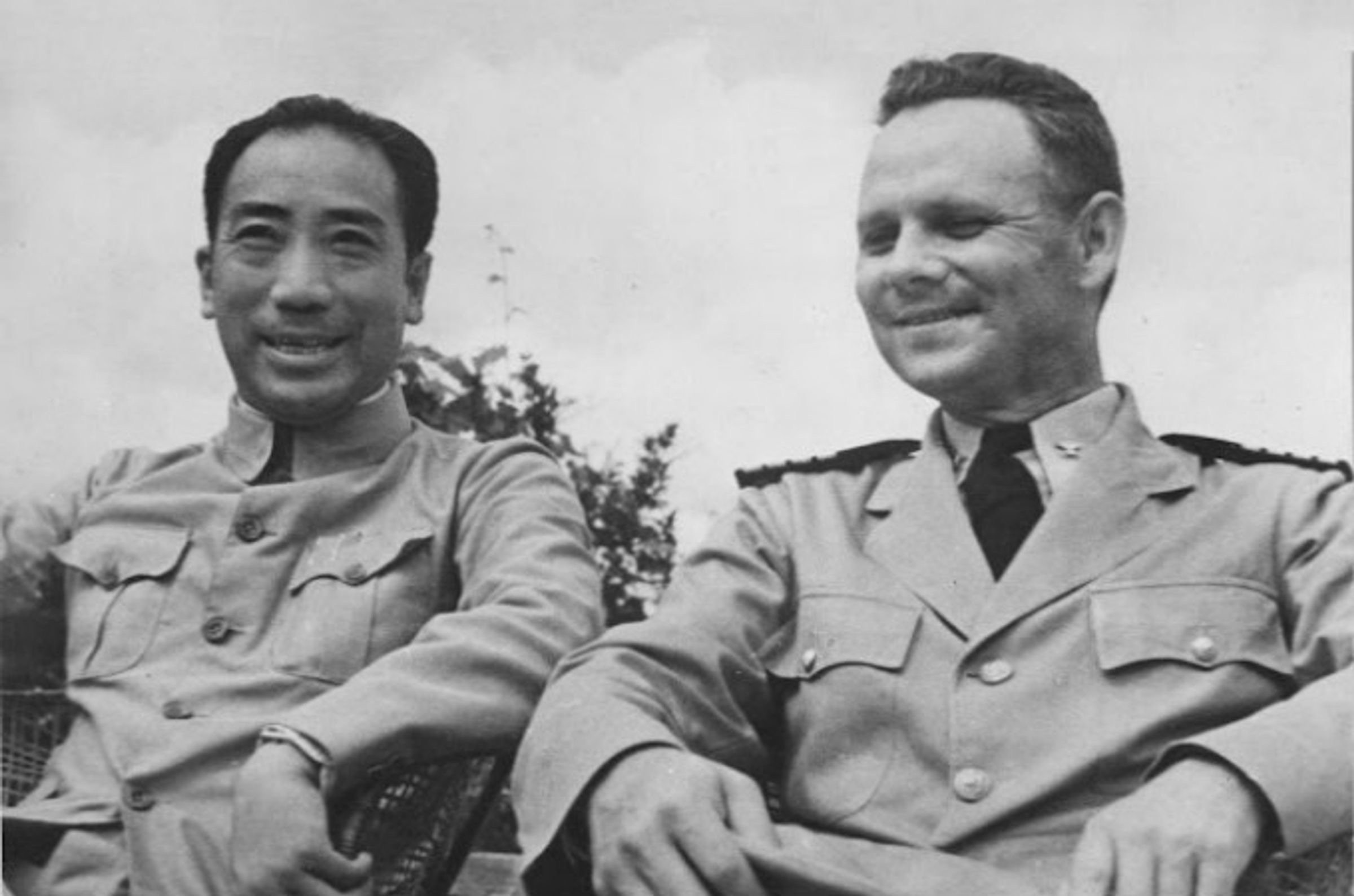
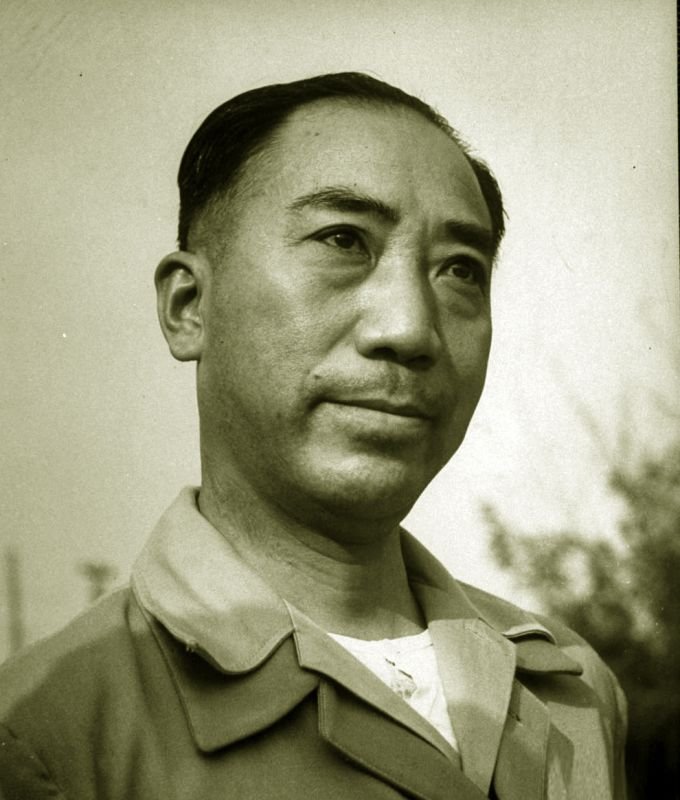
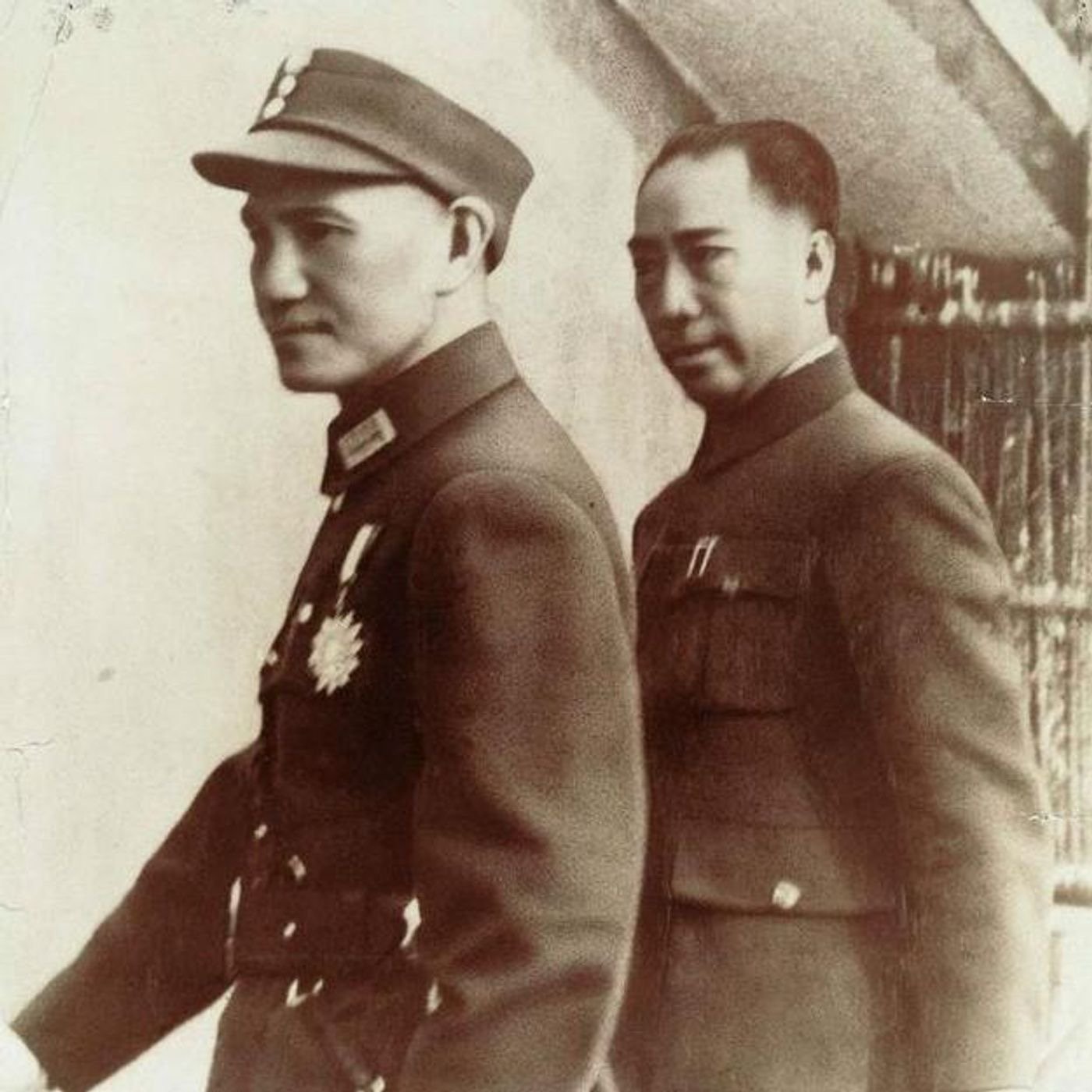
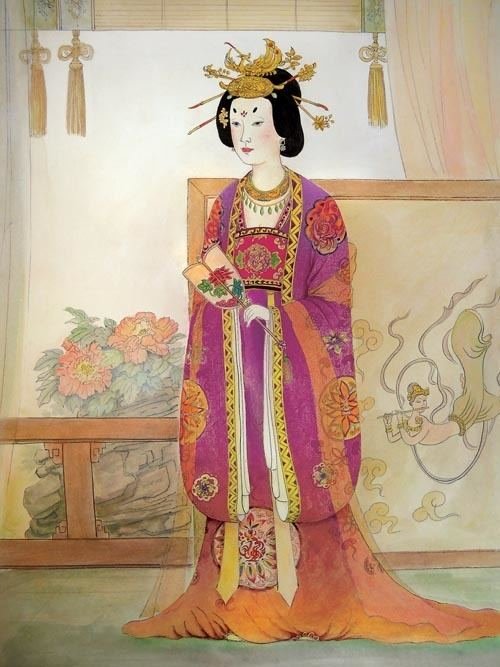


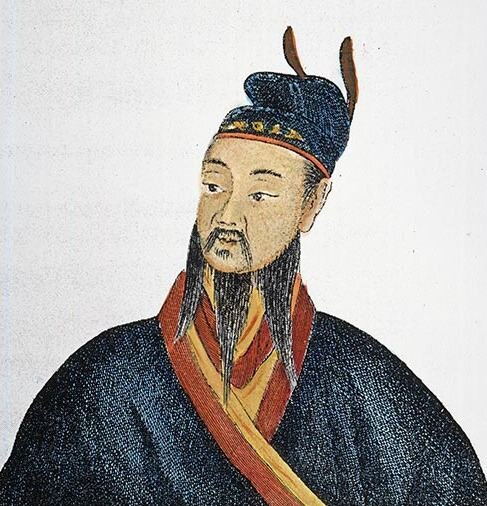
The series concludes in this Part 5 episode that takes Yunnan's history up to 1975.